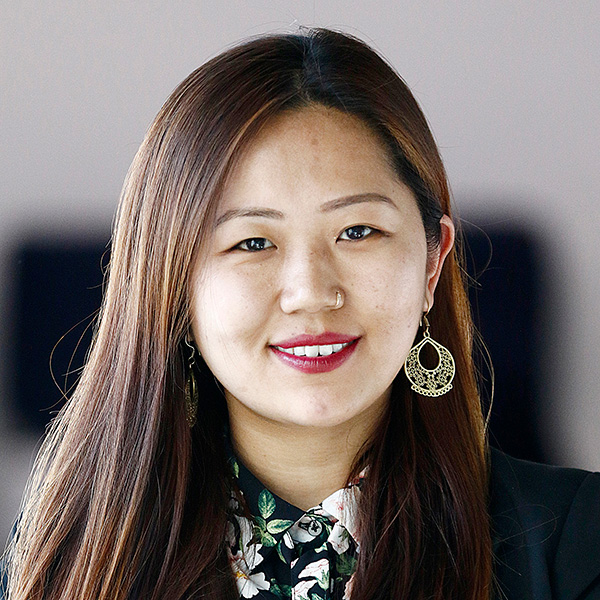National
Pushpa Kamal Dahal wants people to restrain themselves on social media
Analysts say Dahal’s statement might be indicative of the current government’s intention of controlling social media..jpg&w=900&height=601)
Tika R Pradhan & Bhrikuti Rai
Ruling Nepal Communist Party Co-chair and former prime minister Pushpa Kamal Dahal lashed out at social media users on Saturday, saying that the onslaught of negative comments directed at him and other leaders is unfair.
Speaking at the launch of a news site in the Capital, Dahal expressed serious concern over negative and critical comments against politicians on social media and asked media persons to empathise with leaders.
“People say all kinds of nasty stuff to us on social media and also propagate misleading things about us,” said Dahal. “I hope you reporters will think about giving us some justice.”
He spoke at great lengths about freedom of the press being enshrined in the constitution and that no legislation would ever take the freedom away.
“In some countries, Facebook does not work but we don’t want to control it here, although everyone seems to be attacking us on social media platforms,” Dahal said.
But he was also quick to call out the press advising them against acting irresponsibly.
“Freedom doesn’t mean anarchy,” he told the room full of reporters. “Instead of the state regulating and controlling them, journalists themselves need to do some serious thinking about how to move forward with their code of conduct.”
Dahal’s statement comes just days after the Press Council and Nepali journalists’ umbrella association, the Federation of Nepali Journalists, amended the Journalists’ Code of Conduct, in an attempt to monitor what reporters say on social media.
But political analysts say politicians themselves are to blame for the negative comments and the very nature of social media, which gives a wide reach to a larger audience while also opening floodgates of comments and reactions—both positive and negative—cannot be tamed.
“Social media is actually an asset of a free society,” said Prof Krishna Khanal, a political analyst. “Politicians tend to regulate or control media that is critical of them, but with social media, they cannot escape criticism for their questionable conduct.”
While some politicians and ministers in office blame social media for their unflattering portrayal, the same platforms have also been a place where good deeds of the people in government garner well-deserved accolades. Analysts point towards people like Kulman Ghising, who as the head of Nepal Electricity Authority was able to fix the issue of endless power cuts plaguing Nepal until a few years ago.
Rajendra Maharjan, a political commentator, said the mindset of the leaders to regulate social media is not a new phenomenon, especially in the current government where ministers regularly lambast the press and critical voices on social media.
Not only Dahal, Prime Minister KP Sharma Oli has also expressed serious concerns over the negative comments on social media against the activities of the government.
Maharjan said Dahal’s statement on Saturday might be indicative of the current government’s ill-intention of controlling social media and online news portals, which it has tried through numerous stern laws like the Media Council Bill and the IT Bill.
“The government has been trying to control the media like it has controlled institutions like Tribhuvan University,” said Maharjan. “It’s obvious that leaders are intolerant of criticism.”
Internet policy experts say social media has become a challenge for politicians, who tend to have an autocratic streak. “Social media has become the best platform to challenge the autocratic ways of politicians, making them loathe the platform,” said Baburam Aryal, an internet and media law practitioner.
According to Aryal, parties across the spectrum, whether they are in the government or in opposition, tend to view social media as a threat to their popularity.
“Not just the ruling party but opposition parties also tend to control social media just to conceal their partisan interests, ” said Aryal, “without understanding the power of social media to spur positive change.”




 13.12°C Kathmandu
13.12°C Kathmandu















